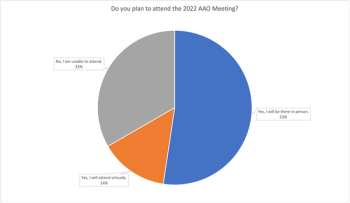
Results from our recent poll regarding AAO 2022 attendance indicate that most ophthalmologists and retina specialists plan to participate in the Annual Meeting in person in Chicago, Illinois.

Results from our recent poll regarding AAO 2022 attendance indicate that most ophthalmologists and retina specialists plan to participate in the Annual Meeting in person in Chicago, Illinois.

A poll for retina specialists regarding their attendance at the 2022 American Academy of Ophthalmology Meeting in Chicago, Illinois. The poll is now closed.

The American Academy of Ophthalmology annual meeting is coming to Chicago, Illinois, from September 30 to October 3, featuring Subspecialty Days and a virtual component.

Automated quantitative fluid analyses are enabling personalised treatments, better patient outcomes
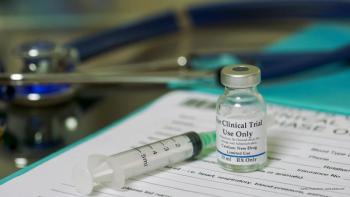
According to a presentation by Oculis at EURETINA, the dataset shows that OCS-01 eye drops were more effective than vehicle in reducing central macular thickness and improving visual acuity in patients with DME as per the pre-defined criteria for statistical superiority in the study protocol.

A synopsis of the findings presented at EURETINA 2022 for ophthalmologists and retina specialists.
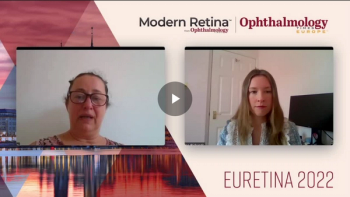
Tunde Peto, MD, PhD, shares some ophthalmic initiatives she's excited about in light of EURETINA 2022.

The white noise and classical music listened to by the preterm infants during ROP examinations showed positive effects on pain and heart rate and oxygen saturation values.

At the 1-month evaluation, the full-field stimulus threshold had median decrease of -33.2 decibels (dB) (-33.7; -19.8) dB, which remained stable until the last assessment. Visual fields and visual acuity did not change significantly.
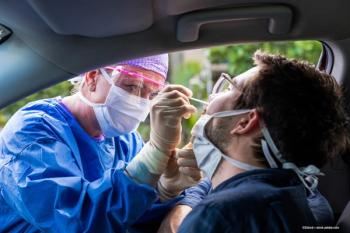
They advised that clinicians should be aware of this spectrum of retinal involvement after COVID-19 infections and emphasized the importance of a fundus evaluation.
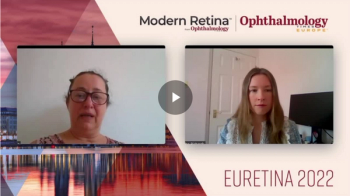
Tunde Peto, MD, PhD, discussed two of her presentations at EURETINA 2022: "UK Biobank retinal imaging grading: methodology, baseline characteristics and findings for common ocular diseases" and "Retinal phenotyping of different variants of Alzheimer’s disease using ultra-widefield imaging."
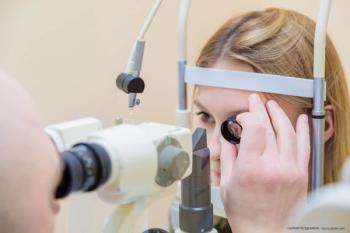
The investigators explained that elevated angle-closure-related intraocular pressure may aggregate the visual impairment in patients with retinitis pigmentosa.

The Phase 2 Altitude study is an open-label, randomized, controlled, dose-escalation evaluation of RGX-314, evaluating the efficacy, safety, and tolerability of suprachoroidal delivery of RGX-314 in patients with moderately severe/severe non-proliferative diabetic retinopathy or mild proliferative diabetic retinopathy.
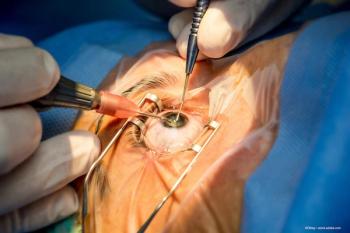
European investigators describe how they address complications associated with silicone oil endotamponade in vitreoretinal surgery.
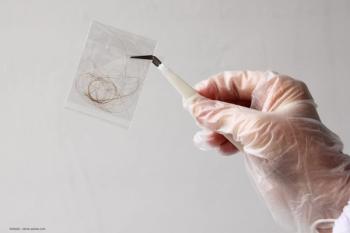
Patients with RP experience greater levels of stress and anxiety than individuals in the general population and that the level of stress can be measured easily and non-invasively in hair.

Dara Conlon, Executive Vice President of EURETINA, and Prof. Anat Loewenstein, General Secretary of EURETINA, discuss some key features of this year's Congress.
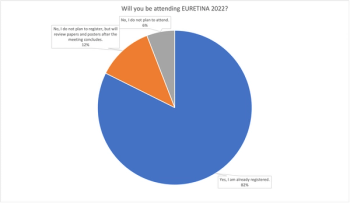
Results from our recent poll regarding EURETINA 2022 attendance indicate that most ophthalmologists and retina specialists plan to participate in the annual Congress in person in Hamburg, Germany.

The contest will take place as part of World Retina Day, Saturday, September 3, from 8:30-9:30 CEST in Hall X2/Channel 7.

The stated core foundation of the Women in Retina program is that “the best innovations happen when diverse people with different perspectives collaborate.” The program will help ESRS harness these perspectives and challenge the way things are done and allow for them to be done better.

A poll for retina specialists across the globe as the EURETINA 2022 meeting approaches. This poll is now closed.

This year’s hybrid meeting will allow attendees to participate in person or virtually. Either way, this congress will offer a wealth of information to specialists covering all aspects of retinal diseases.
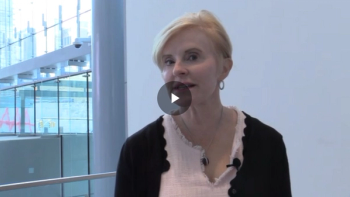
Nancy Lurker, CEO of EyePoint Pharmaceuticals, shares the 12-month safety data from the DAVIO trial, investigating EYP-1901 for the treatment of wet age-related macular degeneration (AMD) and nonproliferative diabetic retinopathy.
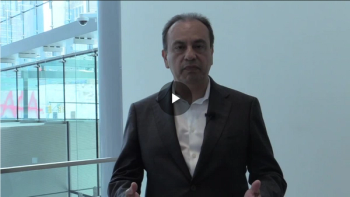
Victor Gonzalez, MD, shares updates from the Phase 4 Paladin study regarding the safety and efficacy of fluocinolone in diabetic macular edema.
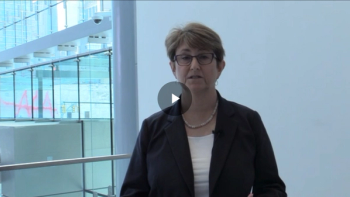
Claire Gelfman, PhD, Chief Scientific Officer of Foundation Fighting Blindness, supplies a brief overview of the foundation's aims and updates on retinal disease research.
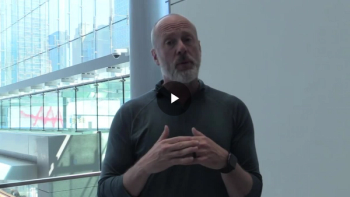
At ASRS 2022, John Kitchens, MD, presented, “Personalized Treatment Interval Dosing Dynamics Over 2 Years in the Phase 3 YOSEMITE and RHINE Trials of Faricimab."
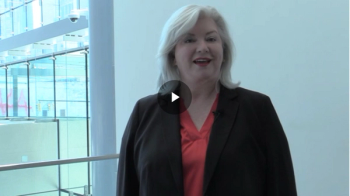
Kerrie Brady, CEO of OcuTerra Therapeutics, shares an update on their eye drop-based integrin inhibitor, which is intended to be a novel therapy for diabetic retinopathy.
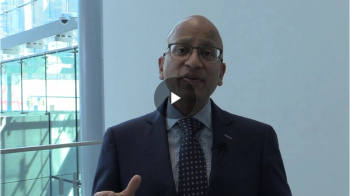
At ASRS 2022, Sunir Garg, MD, FACS, discussed his talk entitled, “Impact of Delay in Repair of Rhegmatogenous Retinal Detachment: Real-World Outcomes from the IRIS Registry.”
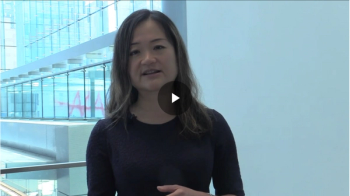
At ASRS 2022, Sally Ong, MD, presented a talk entitled, “Vitrectomy vs Vitrectomy With Scleral Buckling in the Treatment of Giant Retinal Tear Related Retinal Detachments: International Multicenter Study.” Here she shares the biggest takeaways.
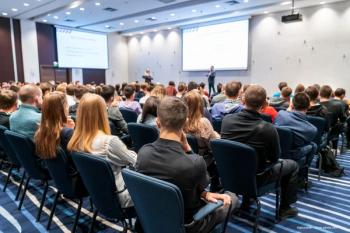
The American Society of Retina Specialists held its 40th Annual Meeting in New York, New York, from July 13-16, 2022. While data was presented for all topics in retina, new revelations in age-related macular degeneration, diabetic retinopathy, and diabetic macular edema dominated the conversation.

J. Fernando Arevalo, MD, PhD, investigated the anatomic and functional outcomes of pars plana vitrectomy, scleral buckle, or a combination of the two, and suggested that the combination approach may need further consideration.